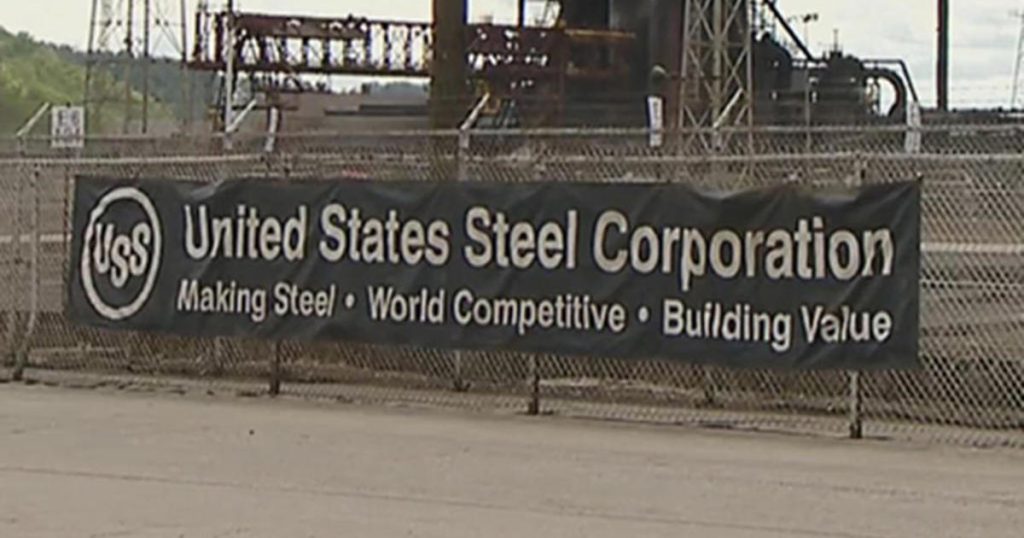The potential collapse of the U.S. Steel deal is raising concerns about the impact it could have on workers. Cleveland-Cliffs, a company interested in buying unionized mills that U.S. Steel may close if the takeover by Japan’s Nippon Steel is blocked, has expressed readiness to acquire and invest in these assets to protect union jobs. Cleveland-Cliffs CEO Lourenco Goncalves emphasized the importance of American companies committed to domestic manufacturing, supported by good-paying union jobs and under American ownership. The White House is waiting for the Committee on Foreign Investments in the United States (CFIUS) to assess potential national security concerns before making a decision on the merger.
The statement from Cleveland-Cliffs’ CEO led to a revival in U.S. Steel’s stock, which saw an increase of over 5% and was trading at $31.50 a share. U.S. Steel shares had initially dropped after Vice President Kamala Harris voiced support for keeping the company domestically owned and operated during a Labor Day event in Pittsburgh. Reports of President Joe Biden potentially blocking the $14 billion acquisition further impacted U.S. Steel’s stock. The company has stated that it may have to close mills represented by the United Steelworkers (USW) union if the deal with Nippon Steel falls through, leading to concerns about the future of these jobs.
The United Steelworkers (USW) union opposes the merger with Nippon Steel but had supported a rejected offer by Cleveland-Cliffs for U.S. Steel. Cleveland-Cliffs, currently based in Cleveland, Ohio, is in the process of acquiring Canadian steelmaker Stelco Holdings for $2.8 billion. The company’s interest in buying unionized mills from U.S. Steel aligns with its commitment to investing in domestic manufacturing and supporting union jobs. President Biden is reportedly considering blocking the merger due to concerns about national security, indicating the administration’s focus on protecting American interests in the steel industry.
The situation surrounding the U.S. Steel deal highlights the complexities of navigating acquisitions and mergers in the steel industry, particularly when national security concerns are at play. The potential closure of mills and its impact on union jobs underscore the importance of domestic ownership and investment in the future of American manufacturing. Cleveland-Cliffs’ willingness to step in and acquire assets at risk of closure demonstrates a commitment to preserving union jobs and supporting local communities affected by these decisions. As stakeholders await a decision from the White House, the future of U.S. Steel and its unionized mills remains uncertain, with implications for workers, investors, and the broader steel industry.














